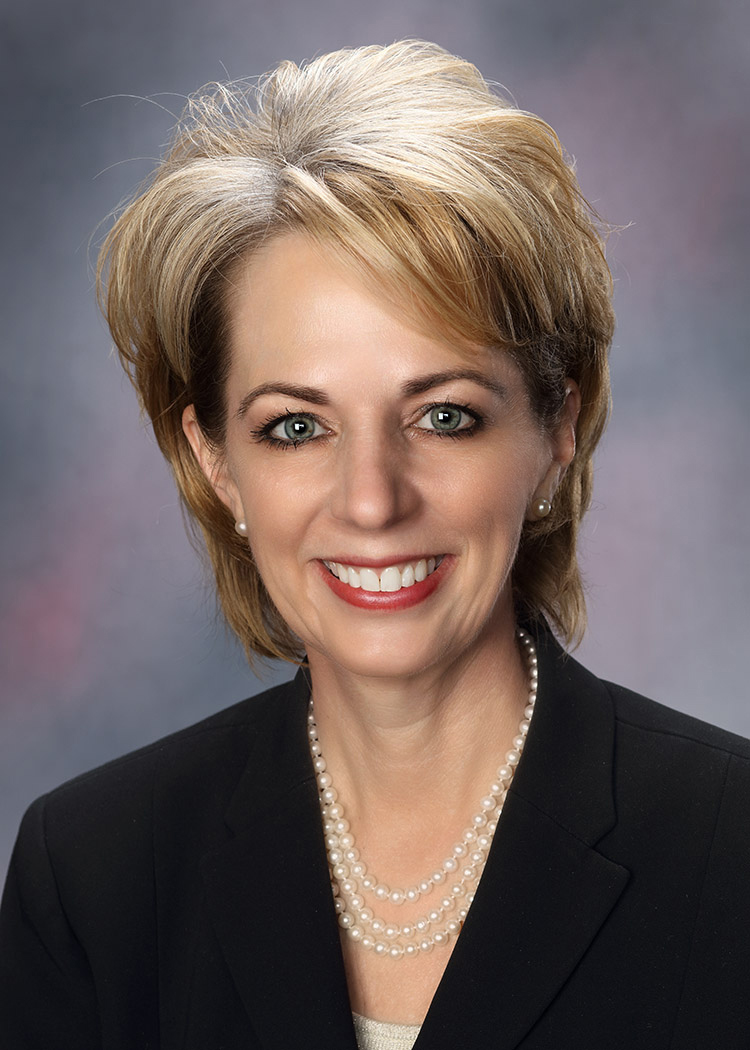
Another way we provide accessibility is through multiple delivery pathways. We meet students where they are, for instance through our distance education programs, international partnerships, and a strong military program for both active and veteran military personnel and their spouses. Or as our website proclaims: “We’re there – no matter where you’re stationed.” I once took a call from a student on a naval ship off the coast of Japan!
We are accessible not only to individuals but also to entire communities. A case in point is how the College of Education is creatively and aggressively addressing the teacher shortage in Kansas. Our Transition-to-Teaching (T2T) program is in high demand. The largest T2T program in the state, it is designed to fill the need for secondary teachers across Kansas by working with individuals who choose to change their careers to teaching. After a summer orientation experience, T2T teachers immediately enter classrooms in their local communities to teach while completing two years of coursework.
We view the T2T program as a partnership between the teacher, the school district and FHSU as the T2T teachers move from novice to expert in the classroom. T2T teachers have been very successful, as evidenced by recent recognition of program completers Justin Coffey for Kansas Teacher of the Year and Heidi Albin for the national Milken Educator Award. This past summer, we had 174 new T2Ts – a record number. When this is coupled with last year’s 130 T2Ts, we are officially over 300 currently in the program.
A unique offering in the Department of Teacher Education is the Para Pathway Program, developed in response to the need for elementary teachers in Kansas. The program, funded by a grant from the Kansas Board of Regents, provides a means for experienced para-educators to become licensed teachers in their districts. This program can be life changing as it allows para-educators to grow professionally while maintaining employment in their district. Through strategic use of scholarship funds and support, we help the schools acquire the licensed teachers they need and improve employment opportunities for Kansas citizens. Currently 218 students are in the program, with 33 program completers.
A newly developed program this summer is the pilot special education program, which allows current special education para-professionals to work as the teacher-of-record in a special education classroom while completing the graduate-level master’s program for licensure. We have 68 teachers starting the program this year which indicates we are making great strides toward addressing the high-need shortage area of special education.
Another example is Dodge City, where we are helping the public school district address language barriers. The goal is to help current teachers communicate better with students and families from different cultures. The Dodge City ESOL (English for Speakers of Other Languages) certificate program started this fall with 20 teachers. Through this partnership, FHSU provides coursework to prepare this group to add an ESOL endorsement to their teaching licenses. ESOL training will improve teacher effectiveness in Dodge City – which has the potential for tremendous impact on the local community.
The College of Education is just one area in which we demonstrate how we think differently – how we innovate. We capitalize on our resources to create new ways to address continuing issues such as teacher shortages while opening up new pathways to education.
At FHSU, access is clearly a multidimensional word. I love how our faculty provide access to multiple opportunities to learn and thrive in Hays, in Dodge City, and around the world.
